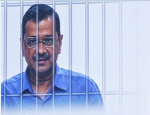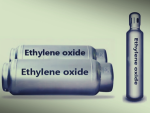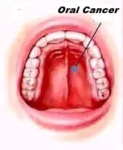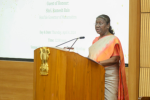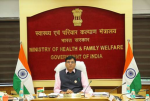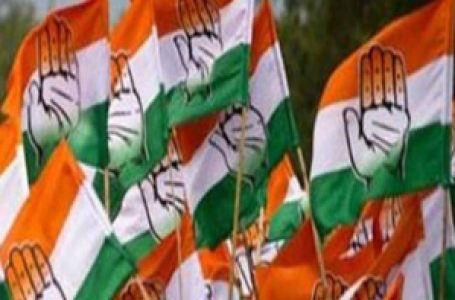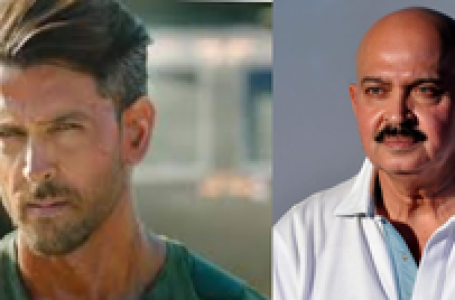March 23, 20202
New York: At a time when nearly 70 drugs and experimental cocktails are being examined to treat the novel coronavirus (COVID-19), the World Health Organisation (WHO) has announced a global trial called ‘SOLIDARITY to find out if any drug can actually treat infections with the new coronavirus.
The trial, which could include many thousands of patients in dozens of countries, has been designed to be as simple as possible so that even hospitals overwhelmed by an onslaught of COVID-19 patients can participate, according to the prestigious journal Science.
Scientists have suggested dozens of existing compounds for testing but WHO is focusing on what it says are the four most promising therapies.
These are “an experimental antiviral compound called remdesivir; the malaria medications chloroquine and hydroxychloroquine; a combination of two HIV drugs, lopinavir and ritonavir; and that same combination plus interferon-beta, an immune system messenger that can help cripple viruses,” said the article in the journal of the American Association for the Advancement of Science (AAAS).
Originally developed by Gilead to combat Ebola and related viruses, remdesivir shuts down viral replication by inhibiting a key viral enzyme, the RNA-dependent RNA polymerase.
The first COVID-19 patient diagnosed in the US — a young man in Snohomish County, Washington state — was given remdesivir when his condition worsened and he improved the next day, according to a case report in the New England Journal of Medicine (NEJM).
A Californian patient who received remdesivir recovered as well.
When it comes to Chloroquine and hydroxychloroquine, the “WHO scientific panel designing SOLIDARITY had originally decided to leave the duo out of the trial but had a change of heart at a meeting in Geneva on 13 March, because the drugs “received significant attention” in many countries.”
The available data are thin and results from COVID-19 patients are murky.
Chinese researchers who report treating more than 100 patients with chloroquine touted its benefits in a letter in BioScience, but the data underlying the claim have not been published.
All in all, more than 20 COVID-19 studies in China used chloroquine or hydroxychloroquine, WHO notes, but their results have been hard to come by.
“WHO is engaging with Chinese colleagues at the mission in Geneva and have received assurances of improved collaboration; however, no data has been shared regarding the chloroquine studies.”
Researchers in France have published a study in which they treated 20 COVID-19 patients with hydroxychloroquine. They concluded that the drug significantly reduced viral load in nasal swabs. But it was not a randomized controlled trial and it didn’t report clinical outcomes such as deaths.
“Hydroxychloroquine in particular might do more harm than good. The drug has a variety of side effects and can in rare cases harm the heart,” said the Science article.
Ritonavir/lopinavir combination drug, sold under the brand name Kaletra, was approved in the US in 2000 to treat HIV infections.
The first trial with COVD-19 was not encouraging, however. Doctors in Wuhan, China, gave 199 patients two pills of lopinavir/ritonavir twice a day plus standard care, or standard care alone.
There was no significant difference between the groups, they reported in the New England Journal of Medicine (NEJM) on March 15.
“But the authors caution that patients were very ill — more than a fifth of them died — and so the treatment may have been given too late to help.”
Ritonavir/lopinavir+interferon beta is an another option. A combination of the three drugs is now being tested in MERS patients in Saudi-Arabia in the first randomized controlled trial for that disease. IANS




